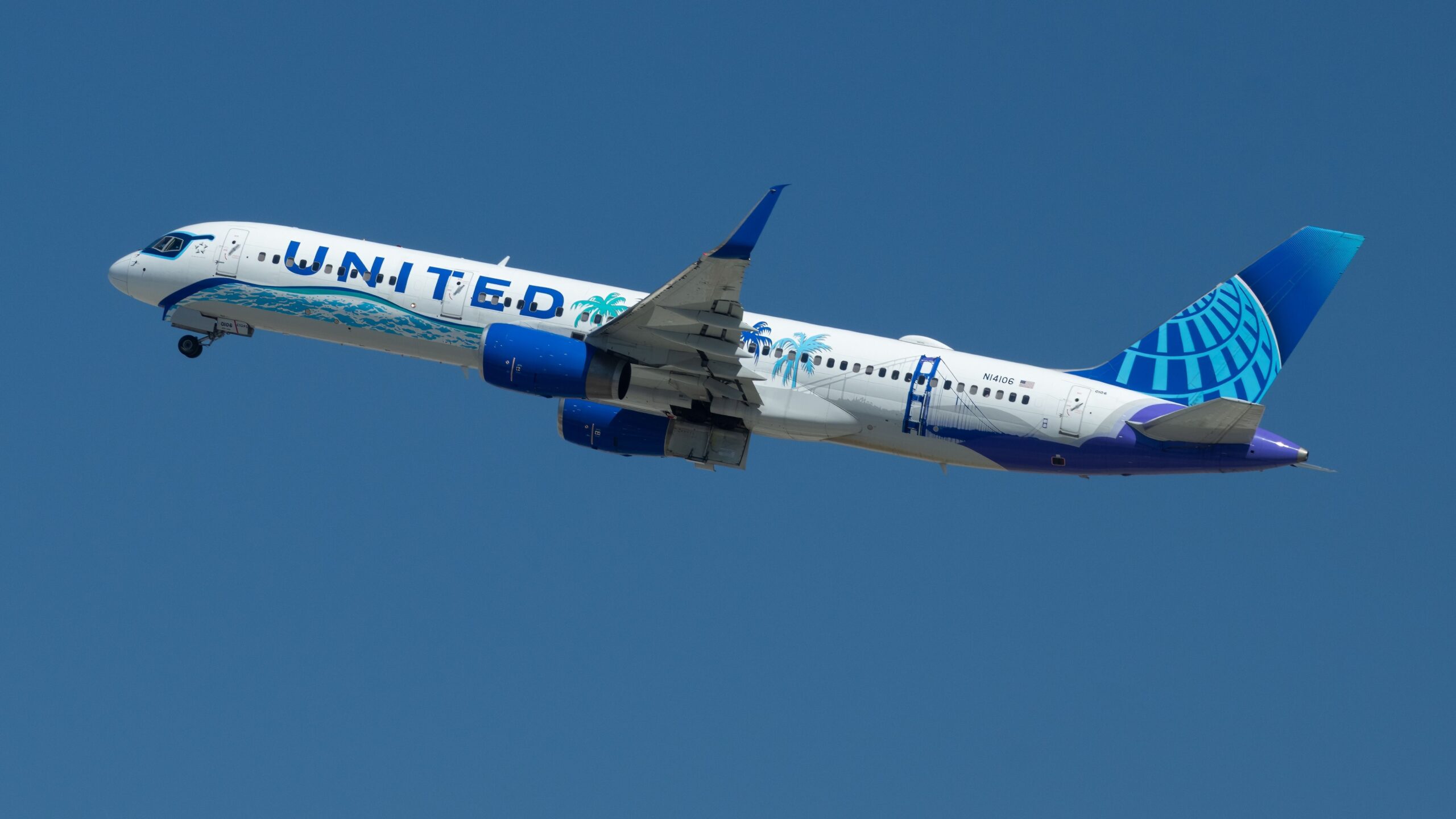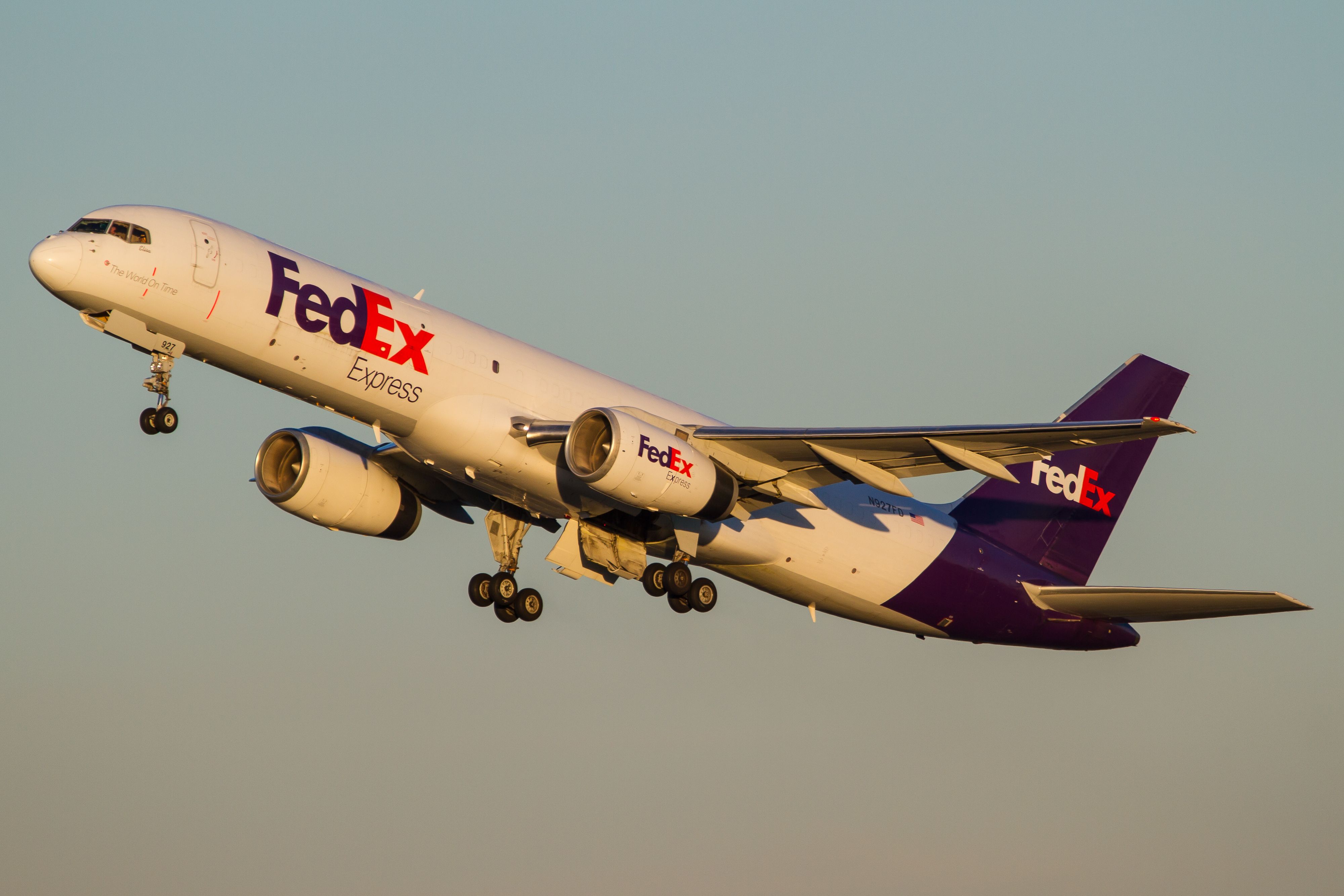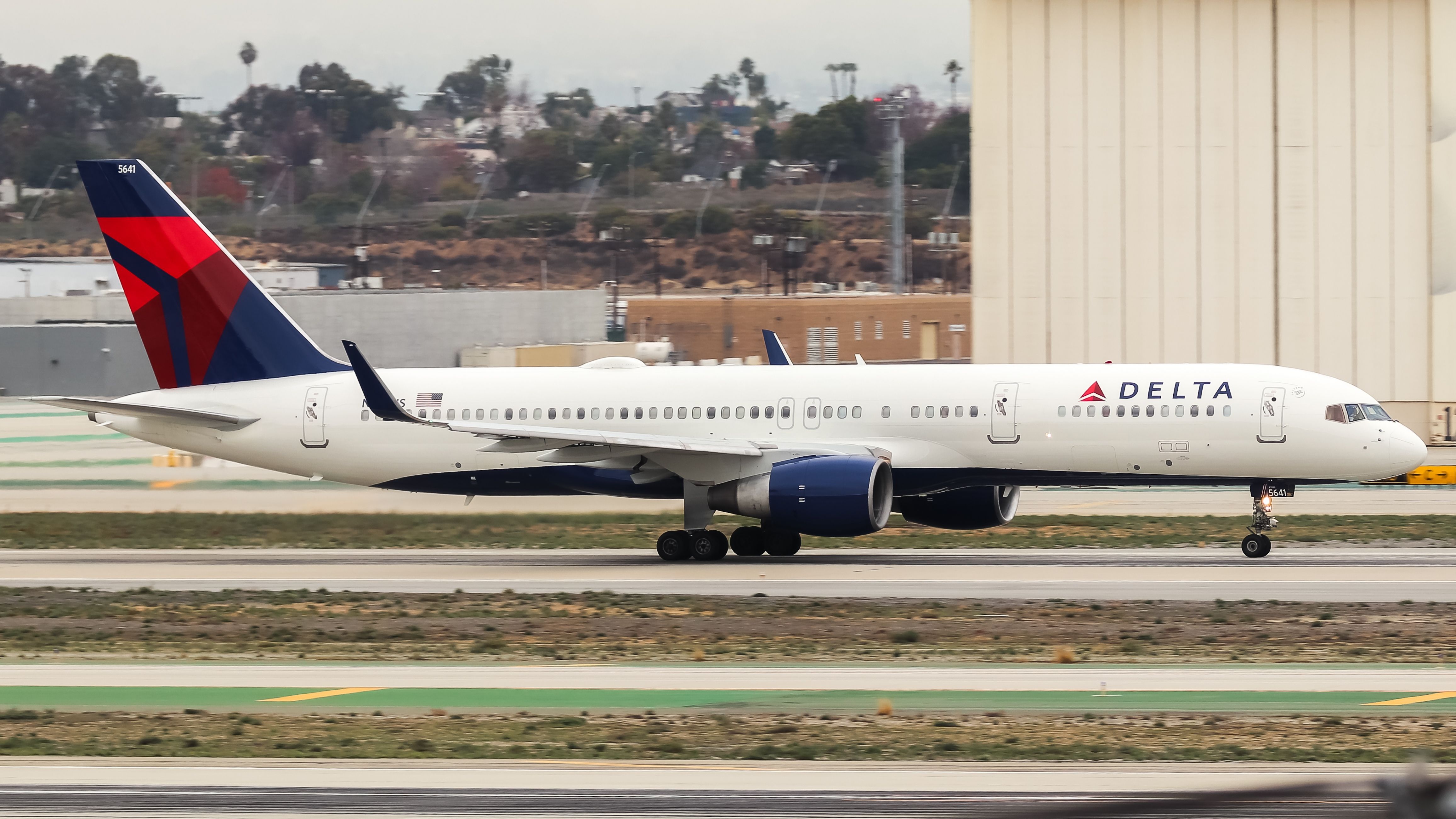Summary
- The FAA has issued an airworthiness directive for Boeing 757-200 aircraft.
- The operators of the aircraft are given until mid-August to address concerns.
- Repetitive inspections, repairs, and replacements required for lavatory service panels on the affected planes.
The Federal Aviation Administration (FAA) issued a new airworthiness directive (AD) for some Boeing 757-200 examples last week. The directive, prompted by structural integrity concerns, is targeted at aircraft that have been “modified by particular supplemental type certificates.”
It will go into effect later this month and will give the operators of the aircraft until mid-August to comment and address the concerns. The ruling is directed at only 13 planes in the US, but 120 aircraft worldwide.
Requiring repetitive inspections
The FAA and the US Department of Transportation jointly issued the AD on June 26th. In a statement to Simple Flying on Monday, the agency said the structural concerns are around the affected aircrafts’ lavatory service panels.
“The Federal Aviation Administration is issuing an Airworthiness Directive (AD) requiring immediate inspections, repairs and replacements, where necessary, to the lavatory service panel on Boeing 757-200 airplanes.”
Photo: Photofex_AUT | Shutterstock
The AD is final rule and becomes effective on July 11, 2024. It was approved by the Director of the Federal Register and requires operators of the affected planes to submit comments regarding the safety concerns by August 12, 2024.
“This AD requires repetitively inspecting the lavatory service panel, access pan, and attaching structure for cracks; reinforcing the attaching structure; and if necessary, replacing the access pan or repairing cracked parts,” the agency explained in the Federal Register. “The FAA is issuing this AD to address the unsafe condition on these products.”
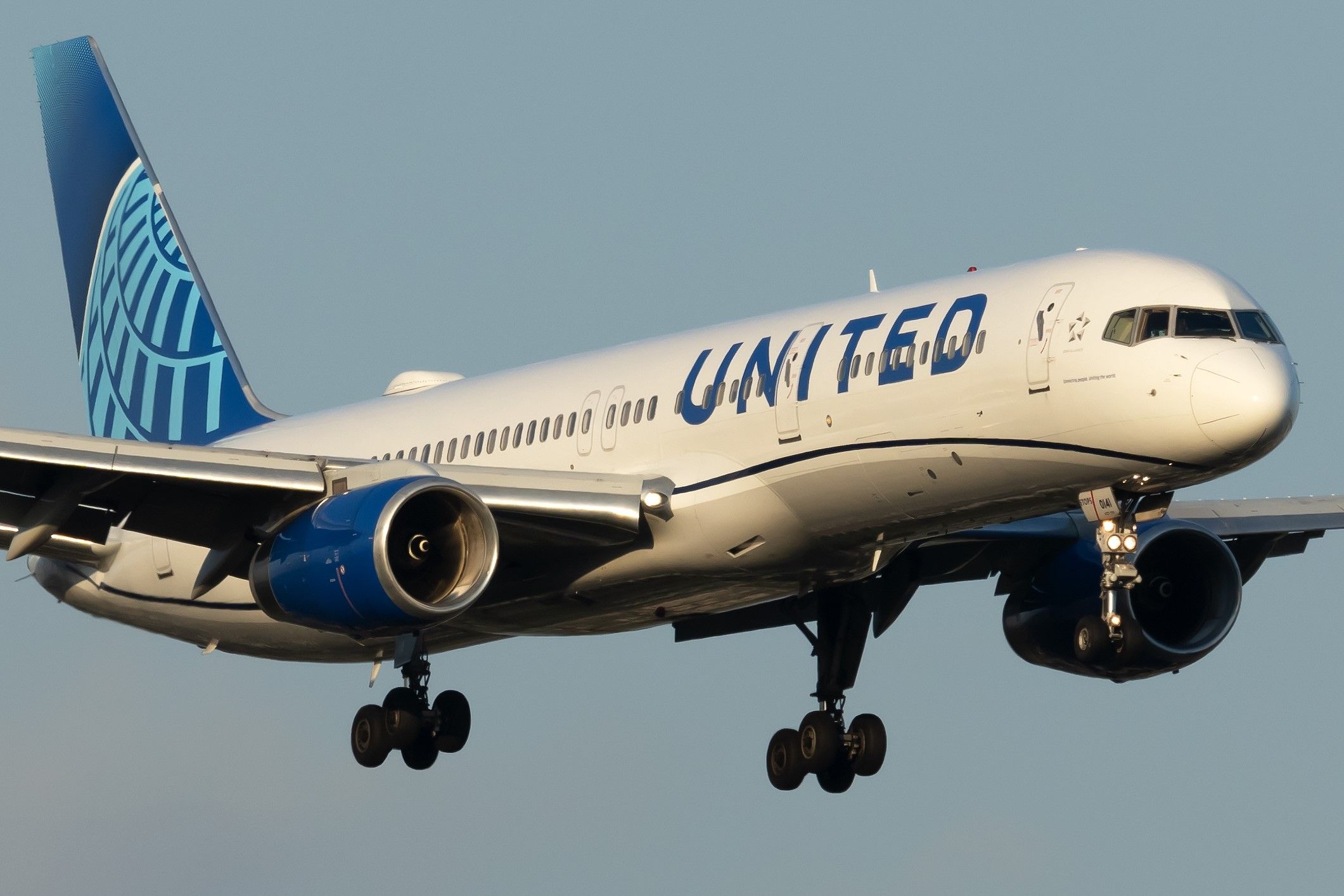
Read More
The Boeing 757: An Aircraft That Changed The Nature Of Flying To Hawaii
The plane ushered in new opportunities and possibilities in travel to and from the island state.
Although the directive orders for “immediate inspections,” there have not been any known prolonged groundings of 757-200s, and the believed cracking currently does not seem to pose a significant threat to safety.
Who operates the 757-200?
Delta Air Lines and United Airlines are the main US operators of the 757-200. Atlanta-based Delta has the largest fleet, with 109 examples. According to ch-aviation, the aircraft collectively have an average age of 27.6 years. United has 40 examples with an average age of 27.5 years. Both airlines also operate the 757-300, which has a longer fuselage, but is not affected by the latest AD.
Photo: Bradley Caslin | Shutterstock
Airline startup New Pacific Airlines also operates the aircraft type, while FedEx and UPS have a number of 757-200 freighters. The US Air Force operates the Boeing C-32, a modified 757-200, which is commonly used to transport the Vice President. It is unclear which airline(s) the 13 aircraft belong to. Additionally, the FAA is not able to comment further on the details of the directive.
The cost of repairs
AD’s are not uncommon among aircraft as they are designed to ensure that planes are never at risk of severe safety problems. However, addressing the directives can be costly. According to Dj’s Aviation, the estimated cost of the AD for the affected 757s is around $8,840 per inspection cycle. The labor cost for reinforcement installation is estimated to be $85 per hour. At 38 estimated work-hours, the total comes to $3,230.
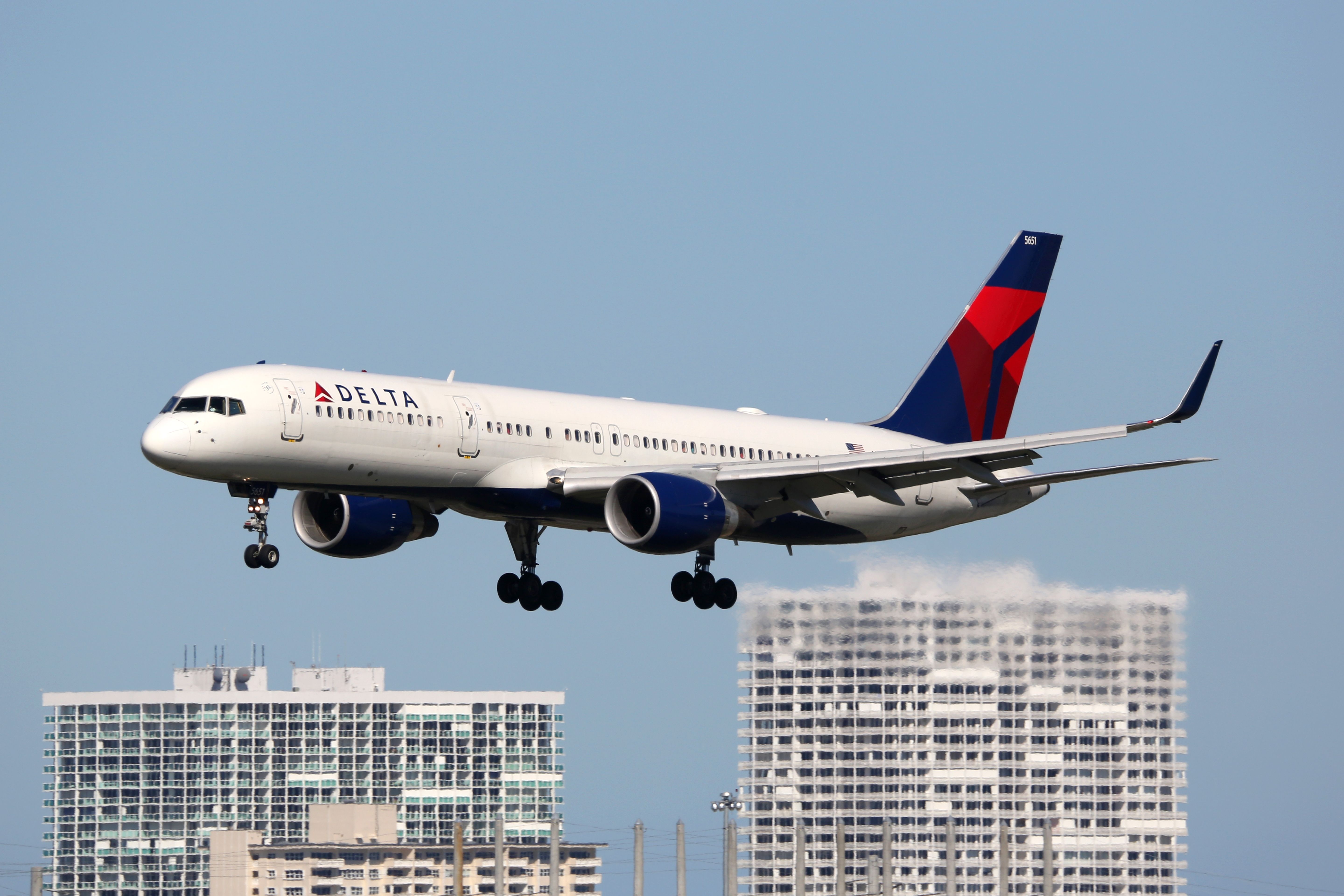
Check It Out
Refreshed: Delta Air Lines Completes First Boeing 757-200 Cabin Interior Overhaul
The new look features updated first class seats and mood lighting.
The exact costs will ultimately be determined by final inspections of each aircraft and the severity of the cracking. It is unclear how many of the 13 aircraft will need replacements or full reinforcements.

